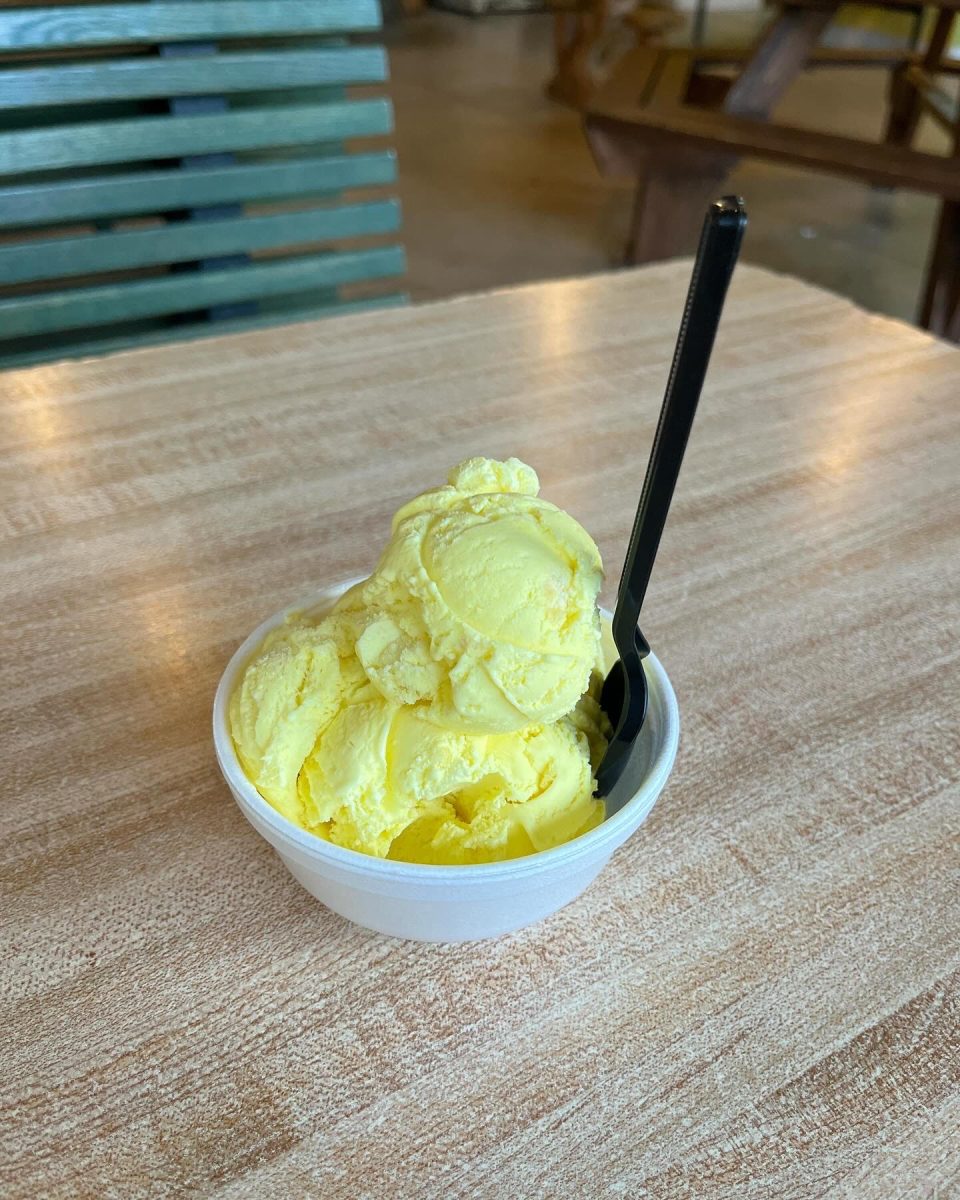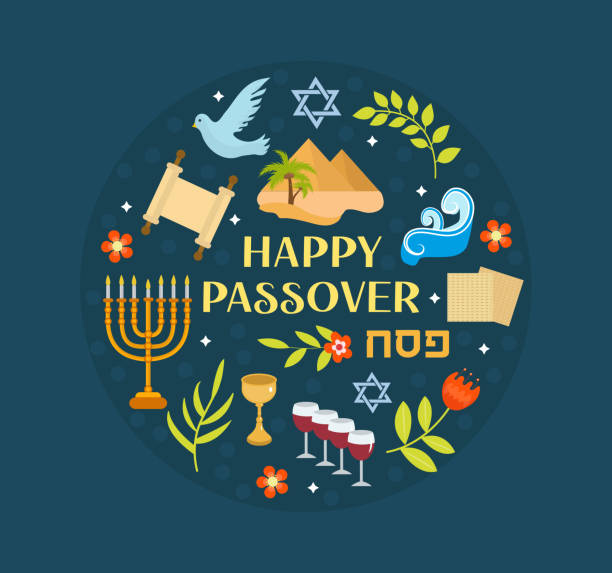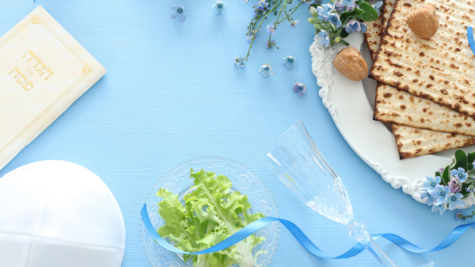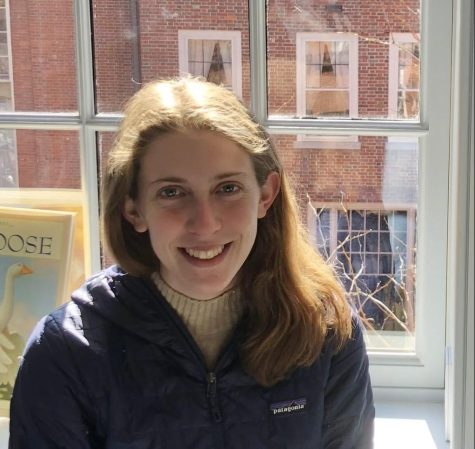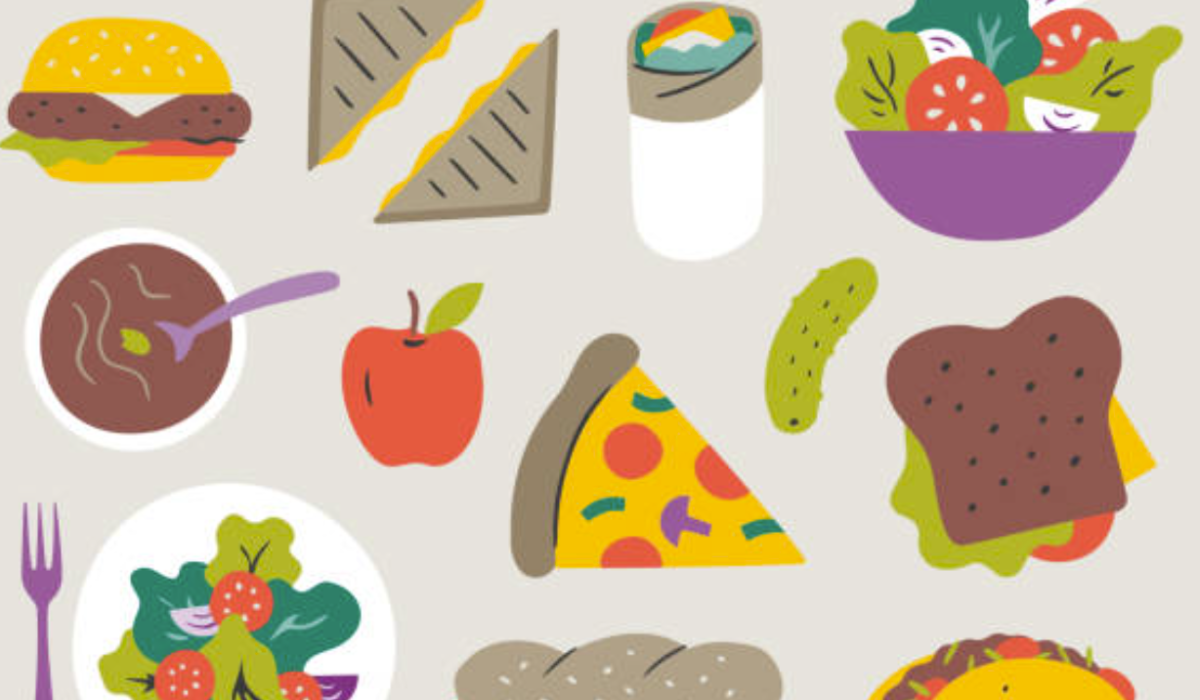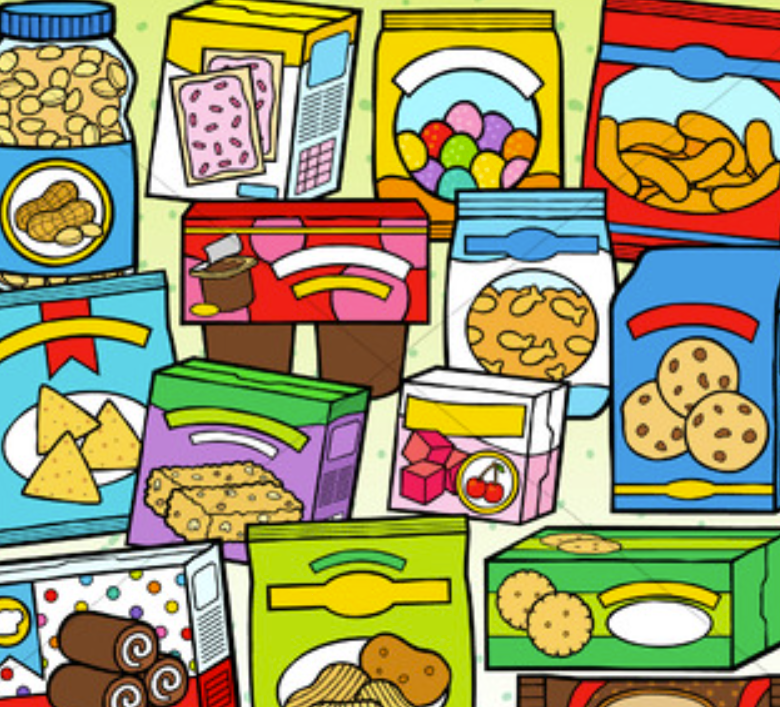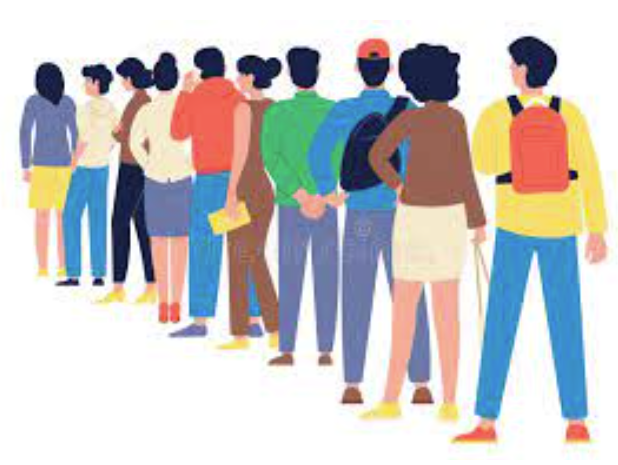The Jewish holiday of Passover (Pesach in Hebrew) began last Monday night and will end on Tuesday, April 30, at sundown. Passover celebrates the biblical Exodus, when the enslaved (Jewish) Israelites escaped from Egypt and crossed the Red Sea into freedom. The Passover story is important in Judaism, because it celebrates the freedom to observe your religion, and the ability to be true to yourself. At the same time, it recognizes the pain of oppression. Read more about Passover here.
I observe Passover in a number of ways, some of them more fun than others, but all of them meaningful. Primarily, we have a dinner called a Seder on the first and second nights, typically with friends and family. During the Seder, we tell the story of Passover, with the help of a lot of symbolism. We eat parsley dipped in salt water, which celebrates both the rejuvenation of the spring season and the tears of the enslaved Israelites. We have charoset, which is a spread typically made of apples, dates, apricots, lemon, and sesame seeds—it represents the mortar that the Israelites used to construct buildings for the Egyptian Pharaoh. And we eat maror, or horseradish, with the charoset. The maror symbolizes the bitterness of slavery.
The foods of the Seder are part of what makes the tradition special, and indeed, part of Passover is that it is just supposed to be different from the rest of the year. We’re supposed to set the time aside to act and live differently, to remember the story of the Exodus, to recall both the pain of slavery and the joy of freedom. It is a holiday of contradictions, really—everything is connected to both suffering and happiness. In this way, we can remember the duality of the Israelites’ experience, and the duality we have in our own lives. It is very rare that something is entirely good or bad. More often, life comes in shades of grey, and Passover acknowledges this grey.
Some other Passover traditions fall on the less fun side of the grey. Passover is around a week long, and during this time, Jews are not supposed to eat leavened food, or anything that rises. When the Israelites fled from Egypt, they were in a hurry, the story goes. They didn’t have time for their bread to rise—and ended up with matzah, or unleavened bread. So we don’t eat leavened products either. This includes bread, oats, crackers, pasta, and anything with yeast in it. Some Jews don’t even eat corn or rice (more shades of grey!), while others think that those are acceptable. These rules make life somewhat more challenging than usual, for sure, because I can’t have cereal for breakfast or sandwiches for lunch. During Passover, we eat a lot of matzah. It tastes kind of like an unsalted saltine, if you’re curious. It’s definitely not as delicious as charoset, but it’s okay.
Eating matzah and abstaining from leavened food is still meaningful, even if it seems inconvenient sometimes. It helps me to put myself in the Israelites’ shoes, making me more thankful for the freedoms that I have in my everyday life—freedoms that the newly escaped Israelites couldn’t dream of.
Passover celebrates the freedoms that we have today—the freedom to be together, the freedom to be who we are, the freedom to just be free. Part of how it accomplishes this is by recognizing oppression and suffering—the oppression that we have overcome, and the oppression that people in our world face today. This helps me to reflect on my life, which I appreciate. Through Passover and its many symbols, I can gain new perspectives on both the good and the bad in our world.



